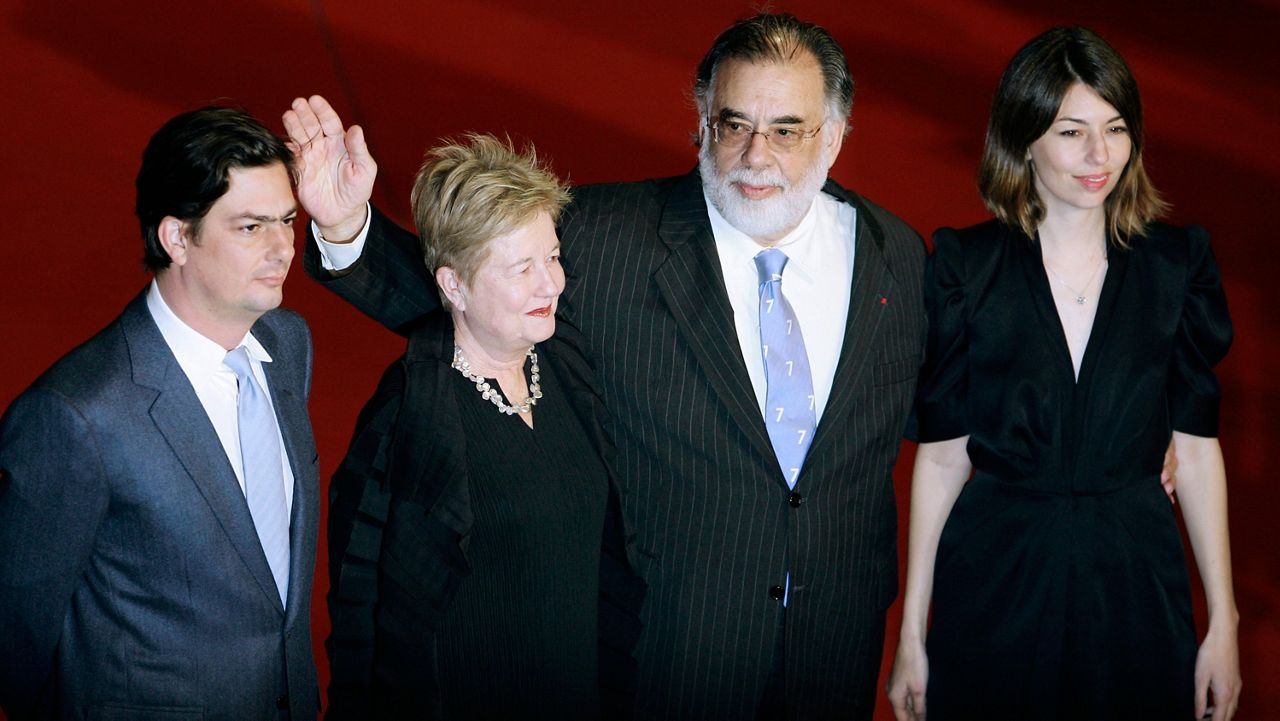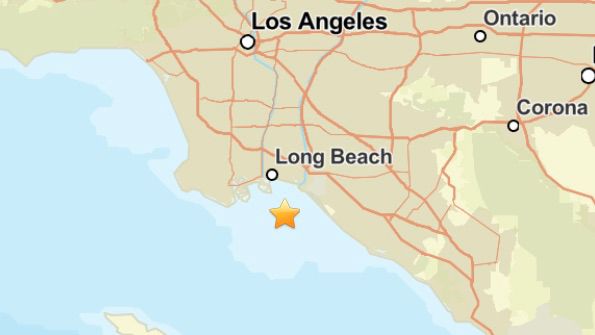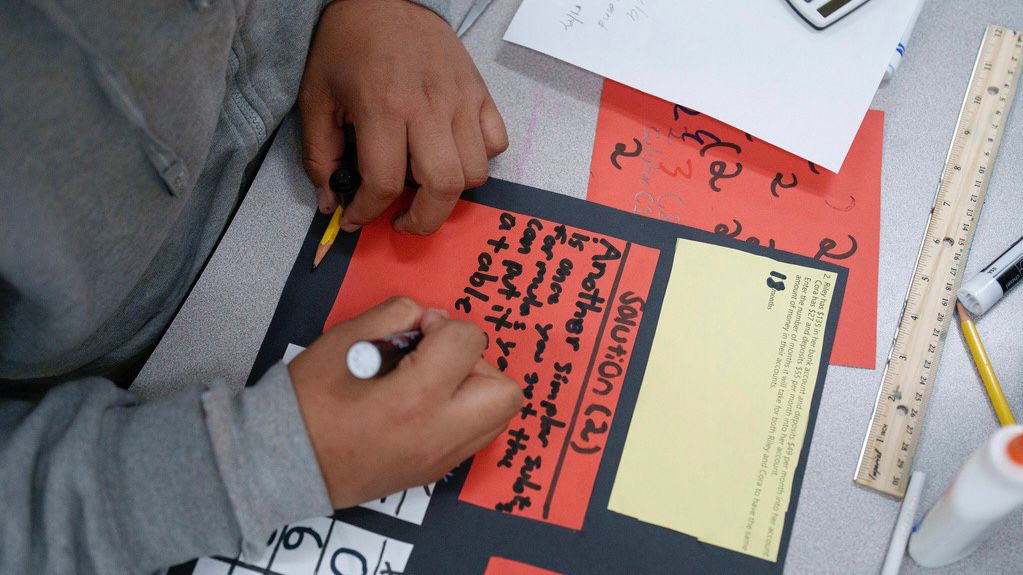SAN DIEGO — A concept called "Ghost Kitchens" gained huge popularity during the COVID-19 pandemic, and now it could help more small businesses survive inflation or a recession.
For Mandy Conry, cooking has always been about helping her community. She started The Radical Beet as a way to merge her love of restaurants with her passion for social issues.
With names like the Ruth Bader Gins-Burger and the CHIX-FIL-GAY Sandwich, her dedication to human rights pairs perfectly with her delicious vegan food.
"I definitely like to say that our food is just food that happens to be vegan," Conry said.
Conry is running The Radical Beet out of the Aztec Food Hub, the newest Ghost Kitchen concept in San Diego. The pandemic hit the restaurant industry hard, and now with inflation costs and fears of a recession, Conry believes these shared-space, delivery-focused kitchens give chefs an opportunity to get started without having to come up with thousands of dollars upfront.
“I would say this is kind of a test kitchen," she said. "A test run for a lot of these small businesses, small startups, and it gives us a chance to try out new food, you know, and not have to fully commit to anything if it really doesn’t pan out, but really be experimental.”
Ghost kitchens were a $43 billion industry in 2019, and they’re expected to reach $71 billion by 2027.
Justin Ramirez has his to-go concept Gorilla Eats Sushi across the hall from The Radical Beet. He was one of the first chefs to sign a lease at the Aztec Food Hub, hoping to test out his plant-based sushi concept.
“Because it’s like pop-ups, food trucks, ghost kitchens, brick-and-mortar, kind of like the food chain I see it as," Ramirez said. "So I’m trying to definitely move up.”
There are more than a dozen independent kitchen concepts in the building, all focusing on to-go and delivery orders. Ramirez believes the ghost kitchen model has helped many kitchens survive the last few years, and he’s hoping he’ll be able to expand soon.
“The Ghost Kitchen was a good stepping stone, a good launching point to see if the brand works, to see if I can make it work,” he said. “And I think it does, and it has, but I’m ready for something a little more now.”
Conry believes people have gotten used to the convenience of using ghost kitchens to find fast and affordable food, and believes that demand won’t go away even if the economy dips.
“I think the future of food is really going toward takeout, delivery, like even regardless of the pandemic kind of slowing down,” Conry said. “It really offers an alternative to like bigger concepts, maybe like Burger King, Carls Jr. if you want some great food fast, then the Aztec Food Hub is the perfect place to get it.”
Some ghost kitchens around the country are looking into creating hybrid facilities, combining food hall and delivery services.











